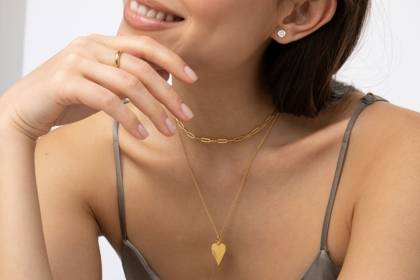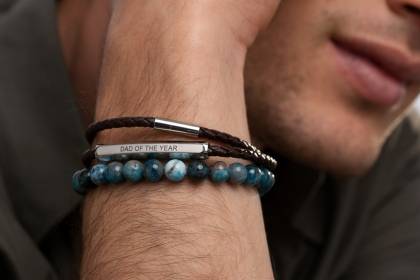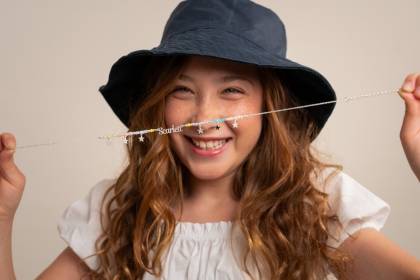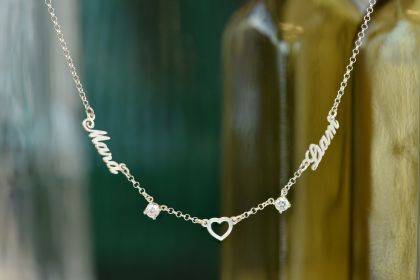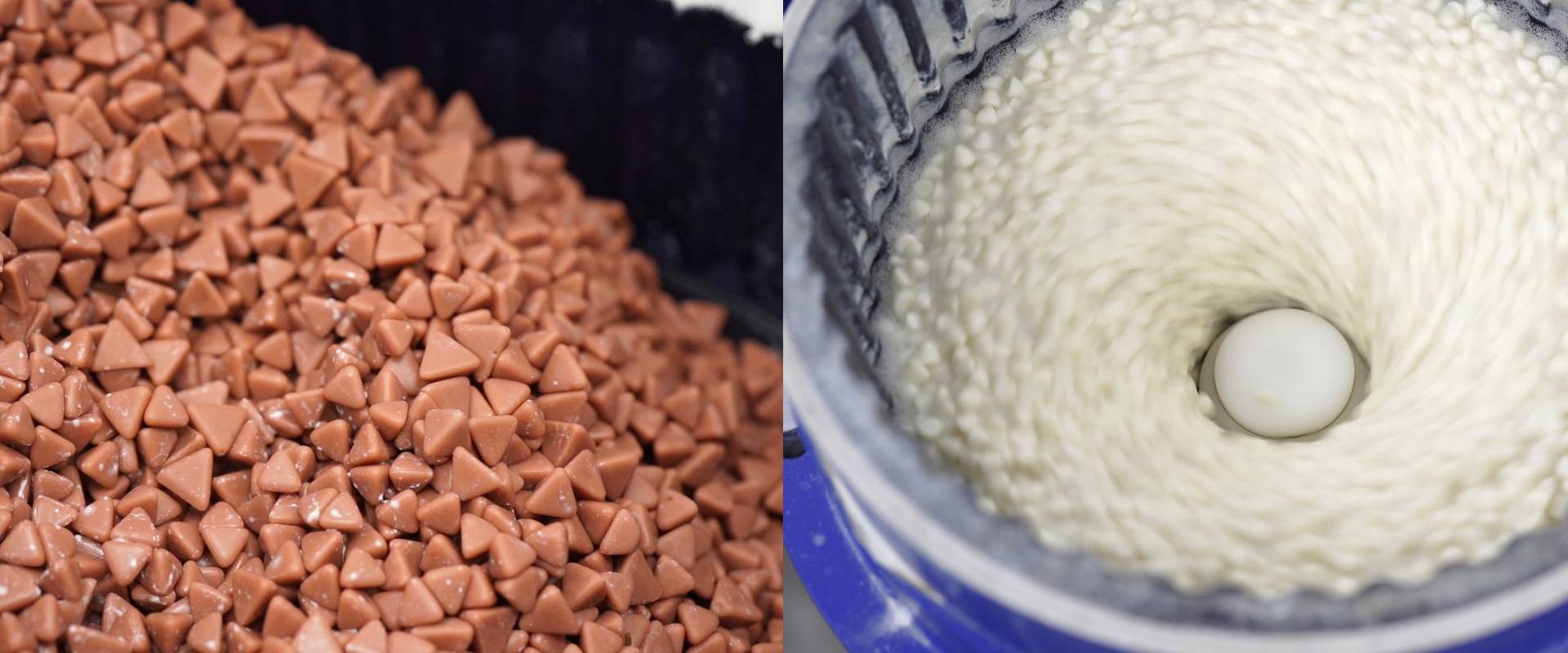From eco-friendly materials to ethically sourced diamonds:
How do we maintain sustainability in our jewelry production?
Sure, jewelry is the ultimate luxury gift – but how can we be sure it is also an ethical choice? Climate change, decreasing natural resources and increasing demand on the world’s energy supplies: As we face the irreversible changes in our planet’s system, the threat of climate change is simply impossible to ignore. Businesses today are putting a lot of efforts to minimize their negative environmental impacts and while the road to solving climate change isn’t easy, at MYKA we focus on the process itself. Sustainable manufacturing, also referred to as green manufacturing or eco-friendly manufacturing, is defined by The United States’ Environmental Protection Agency (EPA) as “the creation of manufactured products through economically sound processes that minimize negative environmental impacts while conserving energy and natural resources”. It adds that it should also increase safety for employees, local communities, and the product itself.
A sustainable manufacturing doesn’t happen overnight. At MYKA, we’ve been continually working on improving our sustainability performance by being conscious of selecting eco-friendly materials, using recycled paper and packaging and embracing sustainable production processes that are safe for employees, communities and consumers. As an active player in the global Jewelry market, we are obliged to sustainability and the actions needed to improve our energy management, to operate a dynamic supply chain, to promote a sustainable consumption and protect our earth’s natural resources.

